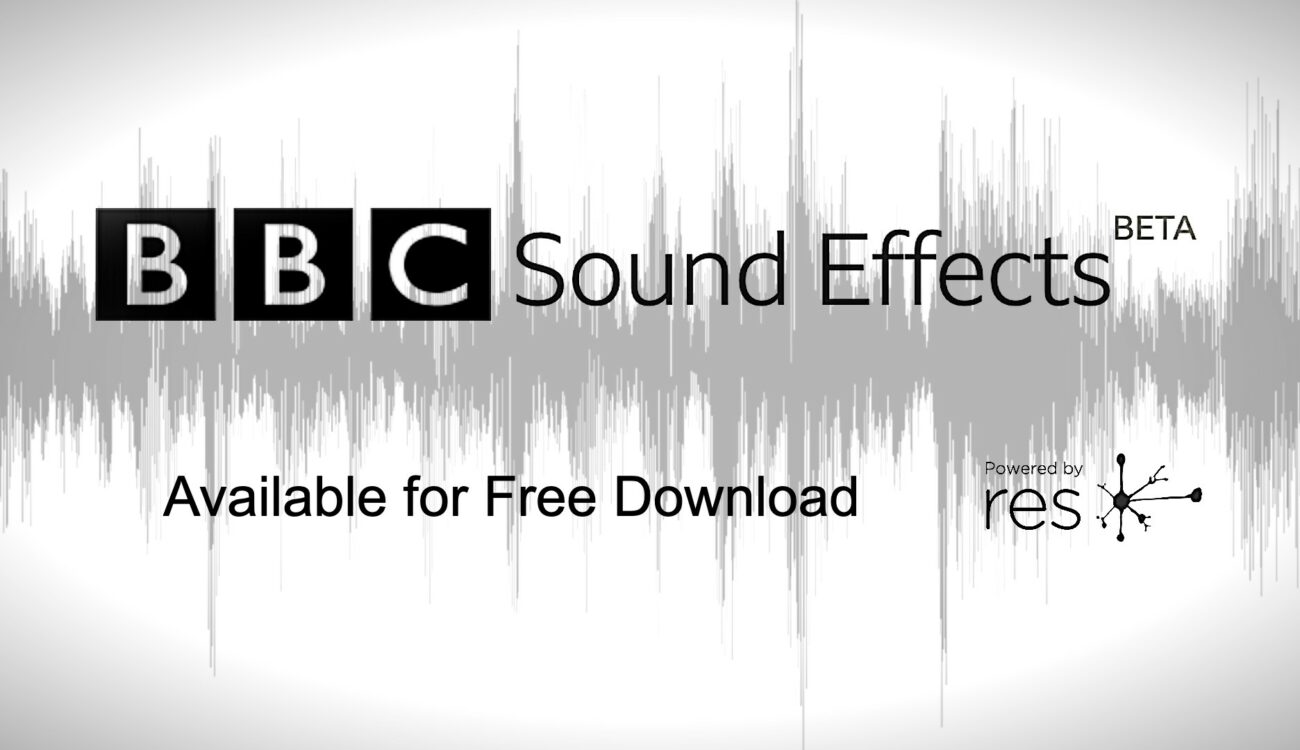
In contemporary Britain, the name Ludwig Koch might not ring a bell for many young individuals. However, in the 1940s, Koch was a leading cultural figure. Starting as early as the 1880s in Germany, Koch began recording sounds and voices as a child. The BBC archives note that after escaping Nazi oppression and moving to England, Koch’s extensive field recordings became the foundation of the BBC’s nature sound library. Over time, Koch achieved household name status as a nature broadcaster with his unique German accent and quirky location recordings. His fame even prompted comedian Peter Sellers to parody him.
You can access 168 of Koch’s field recordings on the BBC Sound Effects Archive. This extensive collection now boasts over 33,000 unique sounds covering more than a century, ranging from BBC Radiophonic Workshop clips to recordings from the London Blitz, TV and radio special effects, and exclusive Natural History Unit archives.
These sound recordings are available for free non-commercial use, provided that credit is given to the source. For commercial projects, licensing options are available upon request. Additionally, the archive features a “mixer mode” enabling users to layer, edit, and re-order clips to craft unique soundscapes. Imagine combining the sounds of a chacma baboon with a laser in a Belgian café or a laughing woman boiling a kettle at a Spanish bullfight. The permutations are limited only by your creativity. Dive into the BBC Sound Effects Archive.
Related Content:
- NASA Puts Online a Big Collection of Space Sounds, and They’re Free to Download and Use
- How the Sound Effects on 1930s Radio Shows Were Made: An Inside Look
- Download 1,000+ Digitized Tapes of Sounds from Classic Hollywood Films & TV, Courtesy of the Internet Archive
- How the Sounds You Hear in Movies Are Really Made: Discover the Magic of “Foley Artists”
- Michael Winslow, the “Man of 10,000 Sound Effects,” Impersonates the Sounds of Jimi Hendrix’s and Led Zeppelin’s Electric Guitars with His Voice
Based in Seoul, Colin Marshall writes and broadcasts on cities, language, and culture. His projects include the Substack newsletter Books on Cities and the book The Stateless City. Follow him on Twitter at @colinmarshall or on Facebook.



